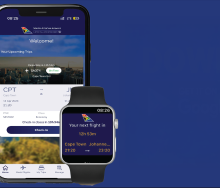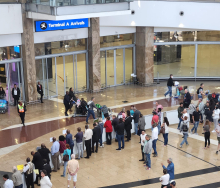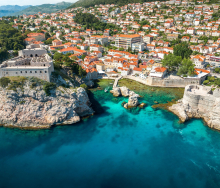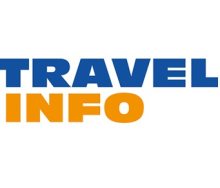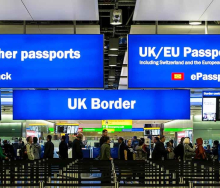The real obstacle travel consultants face when trying to maximise the return on investment (ROI) for client incentive programmes in a world after COVID-19 is to encourage clients to go back to basics in terms of what the client wishes to achieve with the amount of spend.
This is the advice of Helen Brewer, MD of the MICE Academy, who adds that by focusing on the desired end result, the consultant should be able to suggest varying tailored options in line with those objectives and budget limitations.
“Budget considerations, hence destinations, differ between a generic increase in sales to a focused brand motivation where high visibility and add-on value is to be implemented. Tailor-made is what travel consultants should aim for to ensure a more positive ROI,” she says.
In agreement, Travel Counsellor Kerith Hulme suggests experiences to clients that offer the most bang for their buck, while working within budgets as far as possible. “I am upfront about unrealistic expectations, as I do not want to deliver a disappointing experience. I am also ready with alternative destinations that would offer the same experience at a lower budget if needed and I’ve found that a lot of the time clients are quite willing to look at alternatives.”
She says add-ons and inclusions offered by suppliers go a long way – even something as small as a water bottle as a gift, or an upgraded tour – can greatly improve the client’s impression of a proposal.
As a value-add, BON Hotels is well suited and located for groups of smaller occupancies to experience its offerings before embarking on an incentive programme or before returning home post-trip, says Group National Sales Manager, Stacey-Lee Pieterse.
“We focus on giving delegates opportunities to work within or around communities,” she says, offering trips to the Cape winelands/Oudtshoorn or the Cango Caves, for example, as well as a bush experience. “This offer would be focused on a personalised experience with each incentive group.”
CEO and founder of the Uwin Iwin International Group of companies, David Sand, says ROI for incentives is so tied up in everything that happens pre-travel. “To this end, our business has invested years of development and innovation in digital technologies to launch, track and update participants along the incentive competition period.”
Requests for flexibility
Walthers Destination Business Solutions Africa and Authentic Travel Africa MD, Daryl Keywood, is finding that flexible cancellation terms and post-payment of a portion of the incentive programme are increasingly common requests and now as important as creativity and ROI.
“Clients are requesting concessions, but the reality on the ground is that requests for flexibility are not being entertained by suppliers, especially properties.”
He offers an example. “We have a confirmed booking for a group to Kenya and Tanzania for Q4 2023. The lodge properties are insisting on a 30% nonrefundable deposit, which is difficult for the clients to understand, when in Europe, for example, they are so protected by their own travel laws. On the other hand, we understand that by accepting a large group booking, the lodges are turning away FIT business that is less sensitive to global factors that could result in cancellations.”
In fact, Keywood adds, the tide has turned. “In the past, a group booking would result in preferential rates and concessions. We are now occasionally seeing that properties are charging higher rates for groups than they might for FITs.”
One downside he has noticed since the pandemic is that CSR and sustainability seem to have declined in importance, with fewer clients talking about these aspects or commenting when opportunities in this area are raised.
Top tips for travel professionals
For travel consultants proposing, booking or arranging incentive travel, Hulme emphasises how important it is to listen properly to clients.
“Even though they may have an unrealistic idea, what we need to offer is an understanding of the desired outcomes. Even if this means that you may need to encourage an alternate venue, by truly understanding their aim and desired outcomes you will be able to propose a better solution that works for all parties. It’s hard sometimes, as you may really want a particular destination to work out, but it is in your best interests to give the client what they need.”
Then be prepared to ‘pitch, pitch, pitch – and not always win’, she says. “I deliver the same quality of proposal whether I know I have the work, or if I am up against many others. Some of my colleagues have been disheartened to lose pitches – often with no reason – but I encourage them to stay in the game and keep presenting. It can feel like a waste of time, given how much energy can go into these sorts of proposals, but all you need to do is win one and show your value – and from there on it’s only upwards.”
Be aware of what the competition is doing, Hulme adds. “If everyone is using the same destination and tours, offer something different. Clients often do not know anything about their destinations and if every pitch looks identical, they are going to choose based on price. Be different and be confident in what you are proposing. This gives the client confidence in you!”


